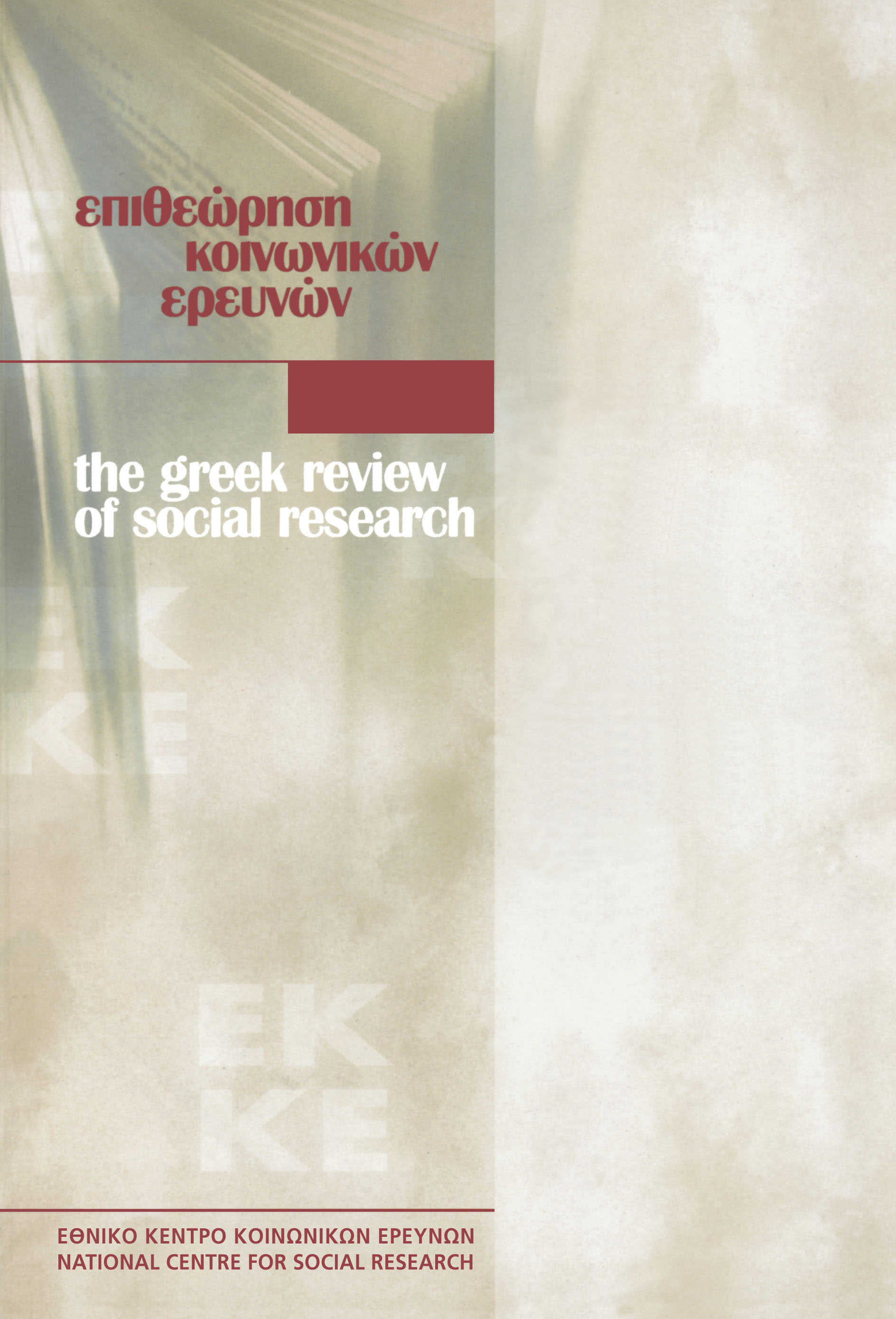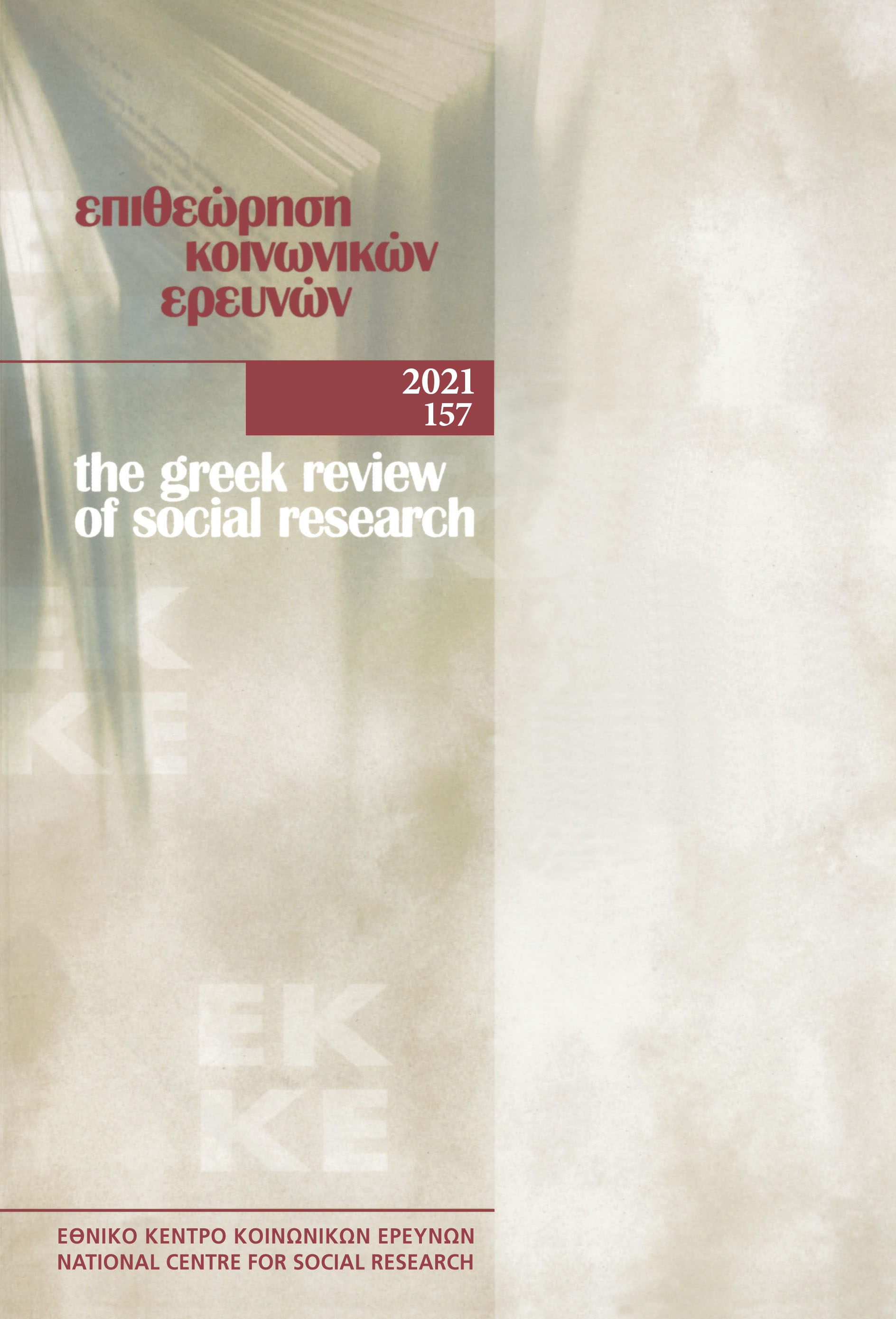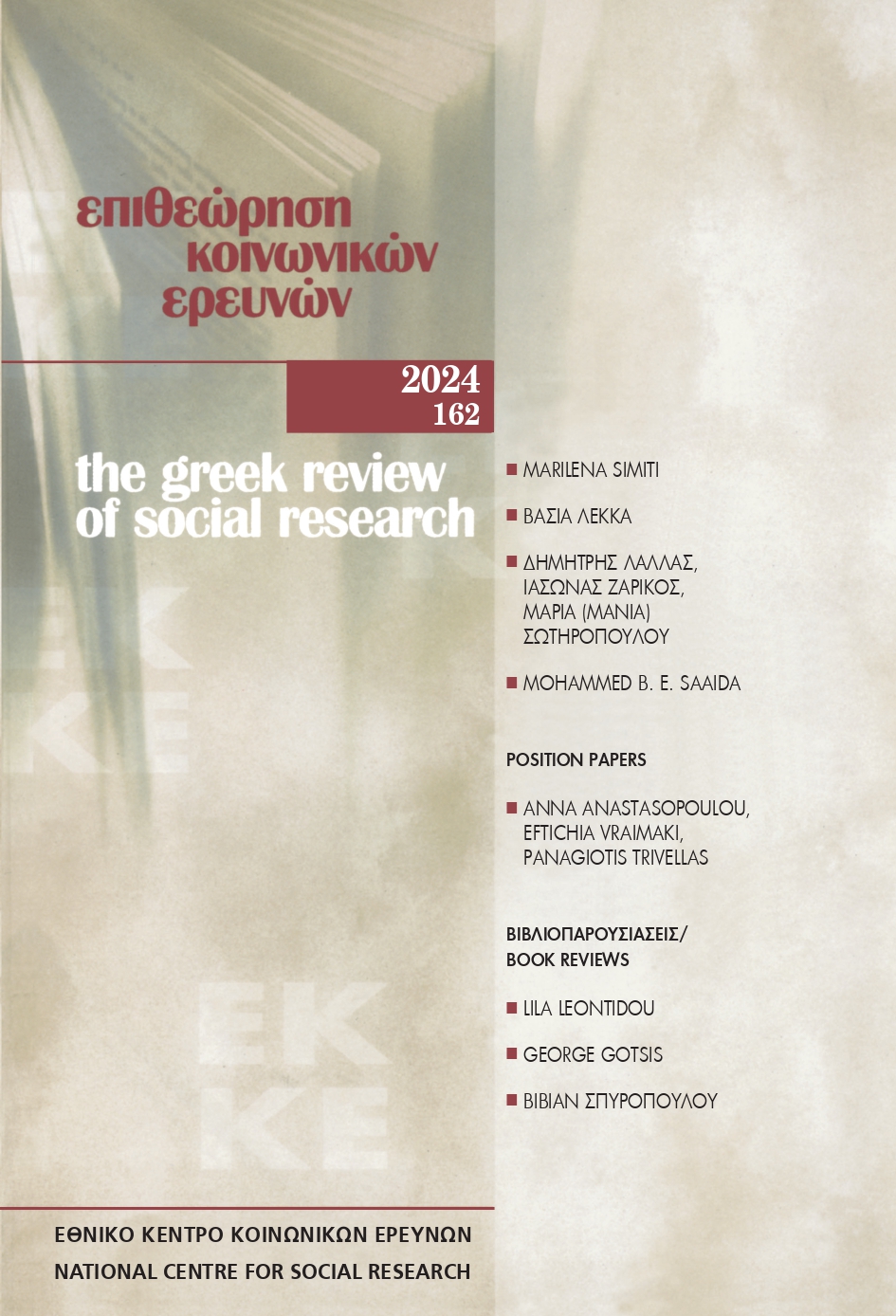Consumption, consumption practices and consumerism: conceptualizations and the necessity of semantic delimitation

Abstract
Given the various conceptualizations of the terms ‘consumption’ and ‘consumerism’, their confusion and, hence, the analytical distresses emerged in the study of consumer phenomenon this article aims to conceptualize ‘consumption’ in terms of social practice, and ‘consumerism’ as a dominant ethos and way of life in late-capitalist, consumerist societies. The proposed conceptualization of consumption practices aspires to avoid a priori negative/condemnatory or positive/celebratory semantic attributions and, moreover, to support locally sensible studies that give prominence to the special traits of those practices and the relations, constructed by means of consumption practices, with the world of objects, the self, the others, the natural and social world, and with social time and space
Article Details
- How to Cite
-
Lallas, D. (2019). Consumption, consumption practices and consumerism: conceptualizations and the necessity of semantic delimitation. The Greek Review of Social Research, 152, 117–157. https://doi.org/10.12681/grsr.21372
- Issue
- 2019: 152
- Section
- Articles

This work is licensed under a Creative Commons Attribution-NonCommercial 4.0 International License.
Authors who publish with this journal agree to the following terms:
- Authors retain copyright and grant the journal right of first publication with the work simultaneously licensed under a Creative Commons Attribution Non-Commercial License that allows others to share the work with an acknowledgement of the work's authorship and initial publication in this journal.
- Authors are able to enter into separate, additional contractual arrangements for the non-exclusive distribution of the journal's published version of the work (e.g. post it to an institutional repository or publish it in a book), with an acknowledgement of its initial publication in this journal.
- Authors are permitted and encouraged to post their work online (preferably in institutional repositories or on their website) prior to and during the submission process, as it can lead to productive exchanges, as well as earlier and greater citation of published work (See The Effect of Open Access).




